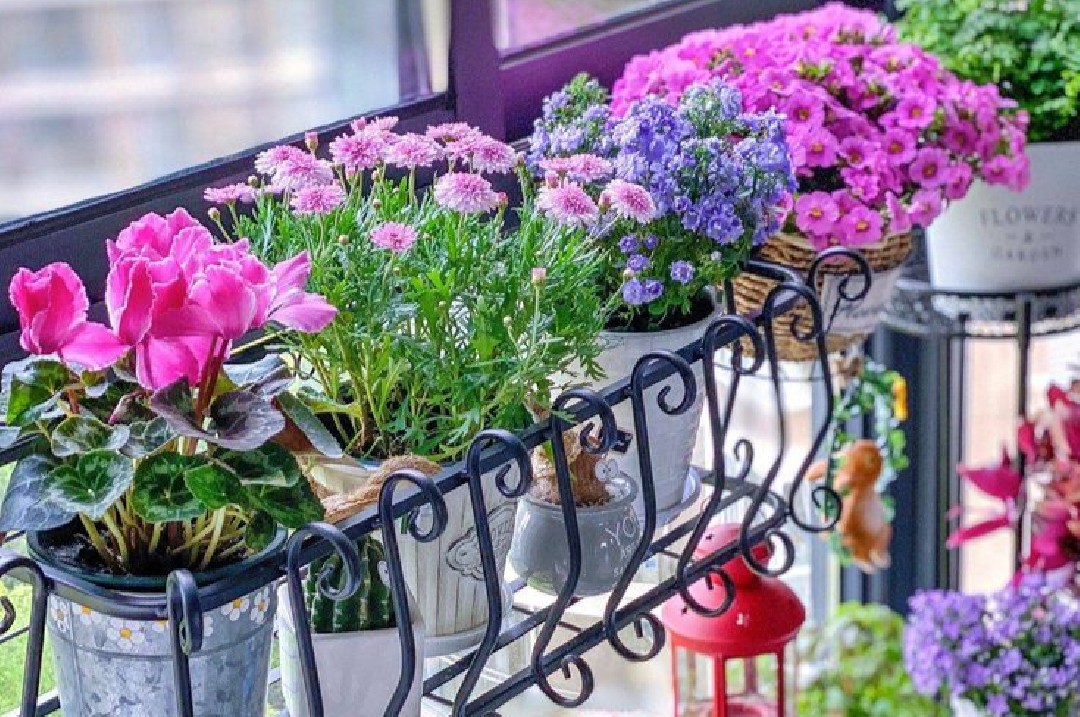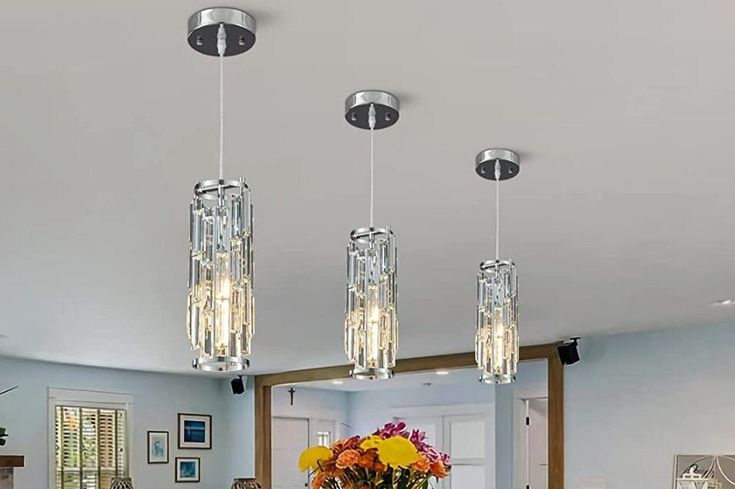Goodbye Air Fresheners! These 5 Flowers Smell More Relaxing

Fresh Air Without Chemicals
Living in a fragrant and fresh environment is certainly pleasant. The right aroma can make us feel comfortable, relaxed, and even improve our mood. However, many people use commercial air fresheners to get this sensation. In fact, these air freshener products often contain chemicals that have the potential to be harmful to health, especially for those with allergies or respiratory problems.
A Healthier and Natural Alternative
The good news is that there is a healthier and more natural alternative to making your room fragrant and fresh: flowers! Yes, flowers are not only beautiful to look at, but also have a natural aroma that is calming and healthy. Compared to synthetic chemicals, the aroma of flowers tends to be softer, less pungent, and provides a more natural relaxation effect.
More Than Just Fragrance
In addition to providing fragrance, the benefits of flowers indoors are actually more than that. Some types of flowers have antibacterial and antifungal properties, which can help clean the air and reduce allergens. Certain aromas from flowers are also believed to have therapeutic effects, such as reducing stress, improving sleep quality, and even increasing concentration.
5 Flowers to Replace Air Fresheners
Let's discuss 5 types of flowers that are suitable for replacing air fresheners and provide additional health benefits for you:
1. Lavender (Lavandula angustifolia): Serenity in a Purple Scent
Lavender may be at the forefront of many people's minds when talking about natural air freshener flowers. The distinctive aroma of lavender, a blend of floral and herbal, is known for its calming effect. Scientific studies have shown that lavender can help reduce stress, anxiety, and even insomnia. Lavender essential oil is also often used in aromatherapy to improve sleep quality and relaxation.
Tips for Growing Lavender: Lavender prefers a place that gets full sun and well-draining soil. You can grow lavender in pots or directly in the yard soil. Water the plant regularly, especially in hot weather, and make sure the soil is not waterlogged.
2. Jasmine (Jasminum officinale): Sweet and Refreshing Scent
Jasmine flowers, with their sweet and soft aroma, are often associated with peace and tranquility. This aroma is believed to help relieve stress and anxiety, as well as improve sleep quality. In addition, jasmine also has a mild antidepressant effect, which can help improve mood and energy.
Tips for Growing Jasmine: Jasmine plants require partial sunlight and moist but well-draining soil. Ideally, place the jasmine plant near a window that receives morning sunlight. This plant requires regular watering, especially in hot weather.
3. Frangipani (Plumeria spp.): A Distinctive Aroma That Cleans the Air
Frangipani flowers have a strong and distinctive aroma that can help eliminate unpleasant odors in the room. This aroma is also believed to have a calming effect and bring tranquility. While some people may find the frangipani aroma too strong, you can place this flower in a larger room or one that has good air circulation.
Tips for Growing Frangipani: Frangipani plants require full sun and well-draining soil. Water the plant sparingly, and let the soil dry out between waterings. Frangipani tends to be drought tolerant.
4. Rose (Rosa spp.): Romantic and Refreshing
The rose, the queen of flowers, is not only beautiful to look at but also has a fragrant and elegant aroma. The aroma of roses can help improve mood and create a pleasant atmosphere in the room. Some studies also show that the aroma of roses can increase relaxation and reduce stress.
Tips for Growing Roses: Rose plants require full sun and fertile, well-draining soil. Water the plant regularly, especially in hot weather, and make sure the soil remains moist but not waterlogged. Prune regularly to maintain the shape of the plant and encourage flowering.
5. Gardenia (Gardenia jasminoides): A Soft and Luxurious Scent
Gardenia flowers have a sweet and soft aroma, often associated with luxury and elegance. This aroma is believed to help relieve stress and anxiety, as well as improve mood. Gardenia also has a relaxing effect that can help improve sleep quality.
Tips for Growing Gardenia (Continued):
- Soil: Gardenia requires acidic soil with a pH of around 5.5 to 6.5. You can purchase a special soil mix for gardenia at a plant store or make your own by mixing peat moss, burnt rice husks, and manure in a ratio of 1:1:1.
- Watering: Water gardenia regularly, especially in hot weather. Make sure the soil remains moist but not waterlogged. Use chlorine-free water to prevent leaves from turning yellow.
- Fertilization: Fertilize gardenia regularly using a special gardenia fertilizer, follow the instructions on the fertilizer package.
- Humidity: Gardenia likes high humidity. You can increase the humidity around the plant by using a humidifier or placing the pot on a tray filled with wet pebbles.
Caring for Cut Flowers
If you want to enjoy the aroma of flowers without growing them, you can buy cut flowers at a florist. Here are some tips for caring for cut flowers to keep them fresh and fragrant:
- Choose flowers that are still fresh and have buds that have not fully opened.
- Cut the flower stems with a sharp knife at an angle.
- Remove any leaves that are below the water level in the vase.
- Change the flower water regularly, at least every 2 days.
- Add a little sugar or bleach to the water to help keep the flowers fresh.
- Place the vase of flowers in a cool place out of direct sunlight.
Conclusion
Growing flowers indoors is not just a way to beautify your home, but it also provides many benefits for your health and well-being. Fragrant flowers like lavender, jasmine, frangipani, roses, and gardenia can help reduce stress, improve sleep quality, and even boost mood. With a little effort and care, you can enjoy natural, refreshing, and calming aromas in your home without using air fresheners that are harmful to your health.
Notes:
- Make sure you choose flowers that are non-toxic and safe to inhale.
- If you have allergies to flowers, consult a doctor before growing them indoors.
- Be careful when using fertilizers and pesticides, and follow the instructions on the label carefully.
I hope this article is helpful!







